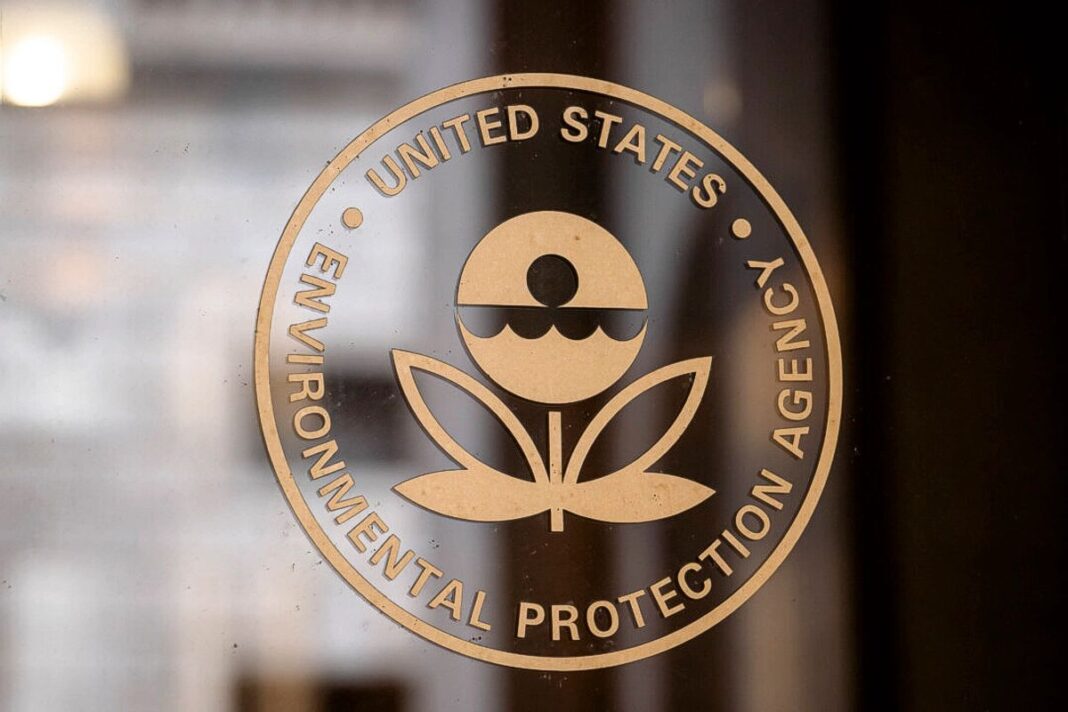The Saudi prince’s visit comes as Trump seeks to broker improved relations between Israel and its neighbors.
WASHINGTON—Saudi Crown Prince Mohammed bin Salman’s visit to the White House on Nov. 18 will be his first in more than seven years. The United States and Saudi Arabia have had a rocky relationship during that time, but U.S. President Donald Trump’s invitation has raised hopes for a fresh start between the two countries.
Although this is not an official state visit, Trump will greet the crown prince with an arrival ceremony. The leaders will hold bilateral meetings followed by a formal evening dinner.
Here is what to expect from the meetings.
Defense Pact and Arms Sales
The Saudi crown prince is expected to focus on U.S.–Saudi defense cooperation.
“We reviewed the Saudi-US relations and explored ways to bolster our strategic cooperation,” Saudi Defense Minister Khalid bin Salman Al Saud said in a post on X last week after meeting with U.S. Secretary of State Marco Rubio and other U.S. officials.
During his visit to Saudi Arabia in May, Trump signed a $142 billion arms deal with the Gulf state as part of a larger $600 billion agreement to expand economic ties with the country.
On Nov. 17, ahead of the White House meeting, Trump announced that he will approve the sale of advanced F-35 Lightning II stealth fighter jets to Saudi Arabia.
Trump’s discussions with the Saudi crown prince on security cooperation are also expected to go beyond arms sales.
In September, Trump issued an executive order vowing that the United States would guarantee Qatar’s security if it were to come under attack. The Saudi monarch may be looking for a similar commitment for his kingdom.
During a panel discussion with the Carnegie Endowment for International Peace on Nov. 17, former U.S. Ambassador to Saudi Arabia Michael Ratney said buying F-35s may conflict with Riyadh’s long-term goal to develop a domestic defense industry.
Ratney said Saudi Arabia may be more interested in a long-term security partnership with the United States. He said Trump may offer a security pact via executive order, as he did with Qatar, but warned that such a pact—which falls short of a Senate-ratified treaty—could falter after Trump leaves office.
“I think at heart, what they want is something long-term and predictable,” Ratney said.
By Ryan Morgan and Emel Akan







